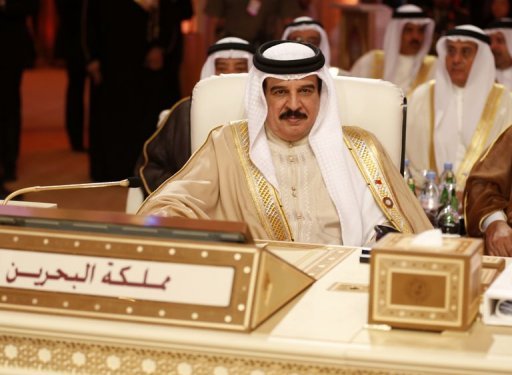Egypt’s Minister of Planning, Economic Development, and International Cooperation, Rania Al-Mashat, and Japan’s State Minister for Foreign Affairs, Fuji Hisayuki, signed agreements for development financing worth $234m.
The agreements, encompassing both grants and concessional loans, aim to support the Egyptian budget, promote private sector growth, improve small-scale farmers’ livelihoods, and renovate the Egyptian Opera House. The signing took place during a celebration marking 70 years of development cooperation between Egypt and Japan.
A key component of the agreements is a $230m (35bn Japanese yen) financing package designed to support Egypt’s budget. This funding aligns with national efforts to ease economic pressures and advance structural reforms. It will also encourage private sector investment, enhance the business climate, promote competition, and support economic diversification, including the green transition.
Al-Mashat explained that the Development Policy Program is designed to bolster Egypt’s budget and structural reform efforts. It also seeks to stimulate private sector investments through improved competitiveness and business conditions, as well as the promotion of green initiatives.
The policy development program with Japan is part of a larger framework of negotiations with international partners to increase fiscal capacity. Al-Mashat stated that this partnership with Japan is a critical element of the national structural reform program.
Al-Mashat noted that, in the context of the agreement with Japan, the Egyptian government has implemented various structural reforms to improve the business climate and encourage private sector activity.
Beyond the budget support, the agreements included grants worth $4.3m. One grant, valued at 180m Japanese yen (approximately $1.17m), is earmarked for the renovation of the Cairo Opera House. This aims to enhance the infrastructure of the National Cultural Center through the development of equipment and services in collaboration with the Japan International Cooperation Agency (JICA).
Another grant, worth 500m Japanese yen (approximately $2.3m), will benefit the Ministry of Agriculture, under the Economic and Social Development Program. This grant will be used to expand affordable agricultural mechanisation technology, which will reduce operational costs, increase agricultural output, expand cultivated land, and improve living standards for farmers, particularly low-income and vulnerable groups.
Al-Mashat noted that these developments marked a significant phase in the history of Egypt-Japan relations, strengthening mutual cooperation and highlighting the strong partnership established since 1954.



